Program Objectives
The MDiv program is designed to prepare persons for ordained and other ministries that are grounded in radical discipleship to Jesus Christ, that embody the reconciling love of God incarnate in Christ, and that bear witness to the fullness of God’s shalom and Christ’s peace. This purpose informs the entire educational program and shapes the following educational objectives.
Students in Bethany’s MDiv program critically engage in a robust educational process that prepares them to do the following:
- Interpret Scripture, tradition, and theology.
- Exhibit knowledge and understanding of the content of Scripture, tradition, and theology.
- Employ a variety of critical methodologies in interpretations of theological, historical, and Scriptural expressions of tradition.
- Apply the results of careful interpretation, with attention to multiple contexts, to contemporary settings, situations, and concerns.
- Communicate faith and values with contextual awareness.
- Exhibit the ability to listen to others carefully and empathetically.
- Express one’s understanding of faith and values effectively in writing and in oral presentations.
- Demonstrate awareness of various contexts and social location in one’s communication.
- Integrate learning that is interdisciplinary, intercontextual, and imaginative for the practice of ministry.
- Articulate with creativity connections across disciplines.
- Demonstrate critical awareness of one’s own contexts and what shapes them, the various contexts of other individuals and communities, and the relationships among them.
- Synthesize thinking, being, doing rooted in an awareness of God’s presence and activity.
- Demonstrate theologically informed reflective practice that anticipates an embodied ministry.
- Exhibit personal growth as a result of Christian spiritual discernment and other practices that promote self-awareness, self-differentiation, appropriate boundaries, relational skills, and recognition of interpersonal dynamics.
- Minister effectively and faithfully through such growth and through theological reflection on previous and current ministry experiences.
- Plan, lead, and evaluate activities that involve others in working toward shared goals for the community or the wider world.
Courses
The master of divinity degree requires twenty-four courses totaling 72 credit hours, covering five primary disciplines: Bible, history, ministry, peace, and theology. A Ministry Formation sequence is also a core part of the program.
During the Ministry Formation sequence, students are exposed to the process of learning ministry by doing and reflecting upon ministry. Ministry Formation features two supervised ministry experiences in different settings:
- A nine-month part-time ministry placement during the second (middler) year
- A unit of clinical pastoral education; a full-time intern year; or a prior, extended, or summer placement (this second placement may be replaced by another ministry course, in conversation with faculty)
For more information about a master of divinity at Bethany, refer to Bethany’s Academic Catalog.

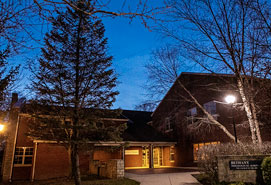



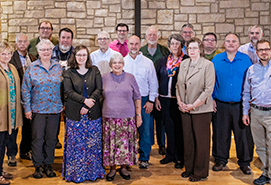

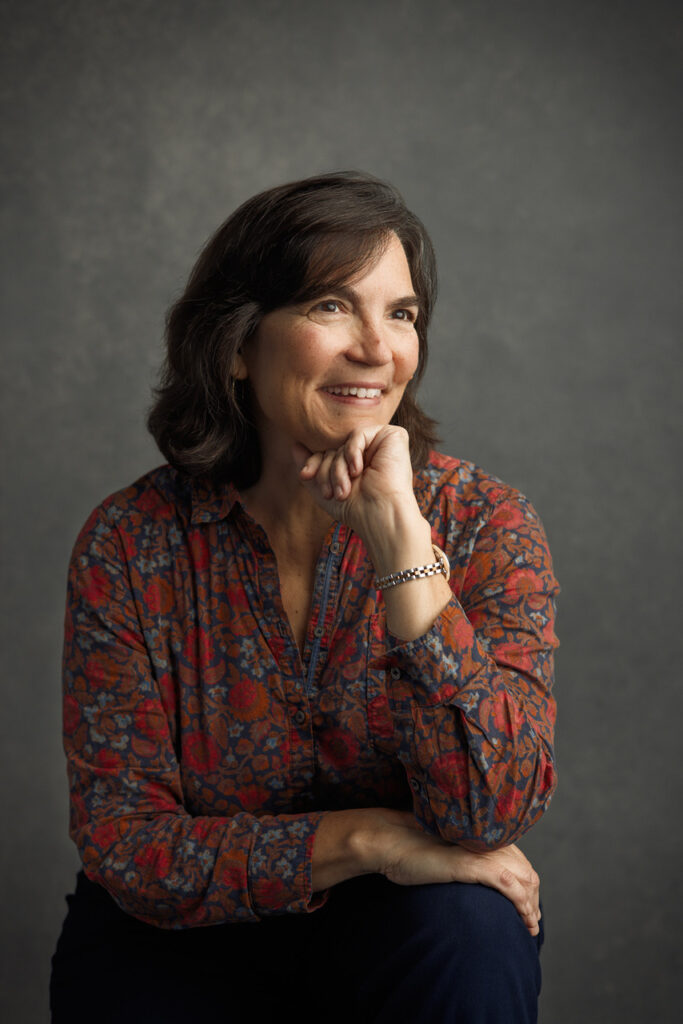
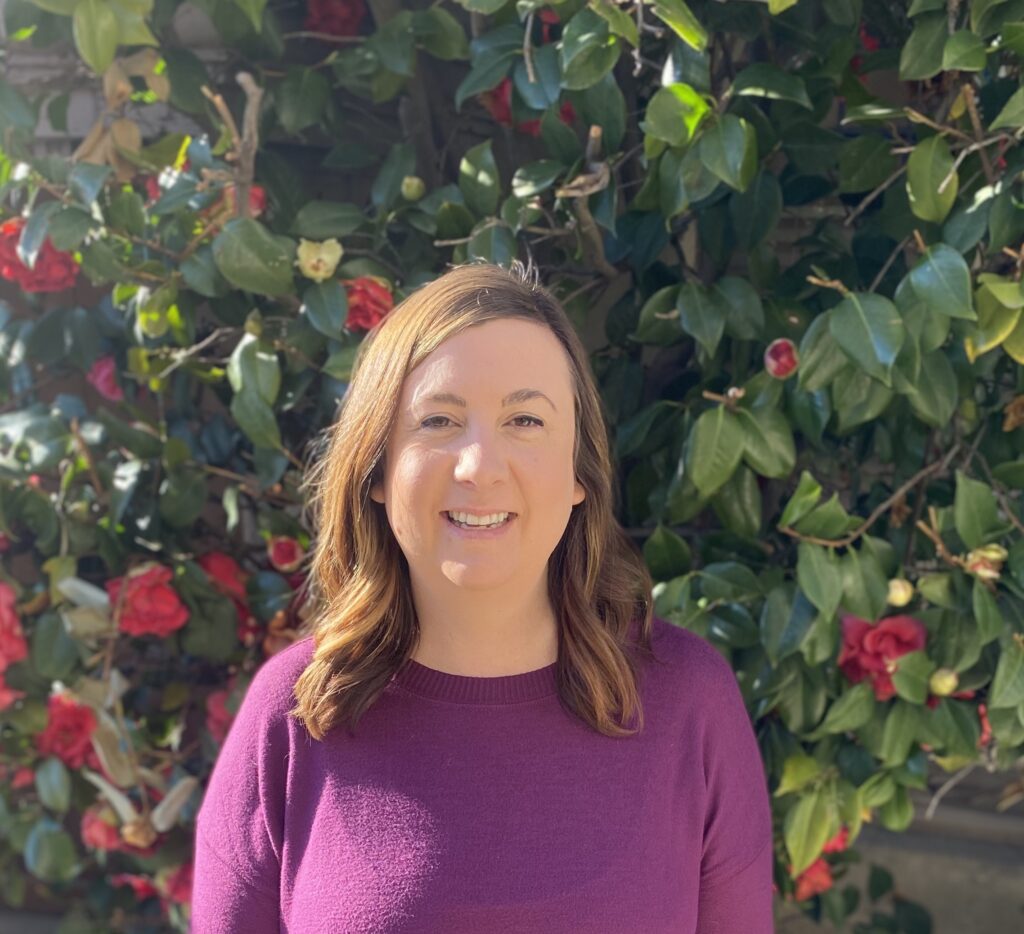
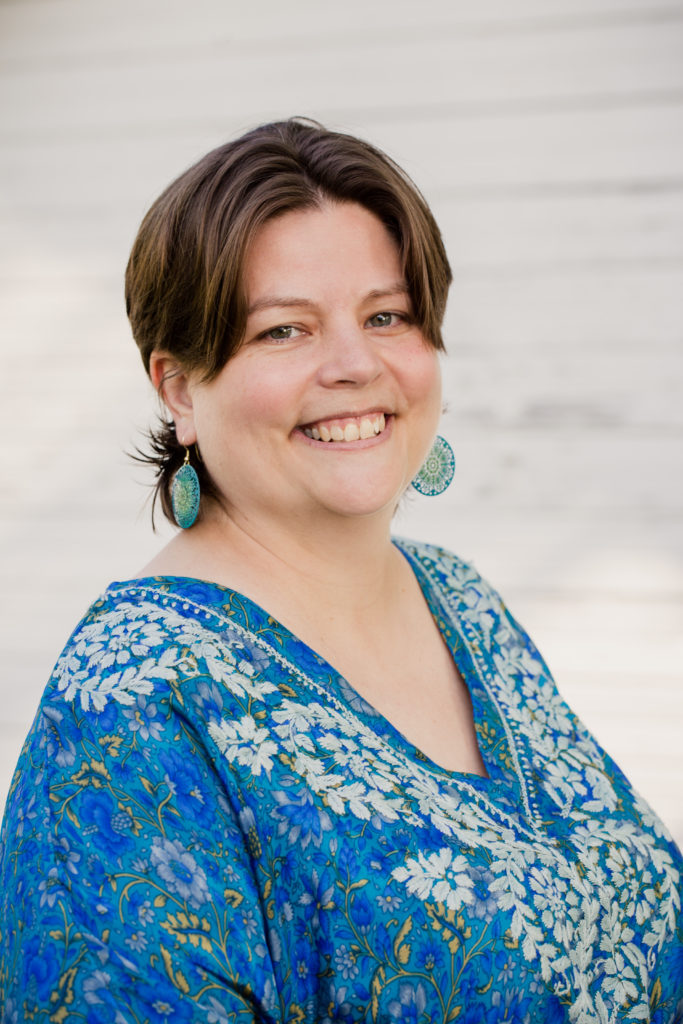

 Green Circle: Bethany invests in 100% renewable energy.
Green Circle: Bethany invests in 100% renewable energy.